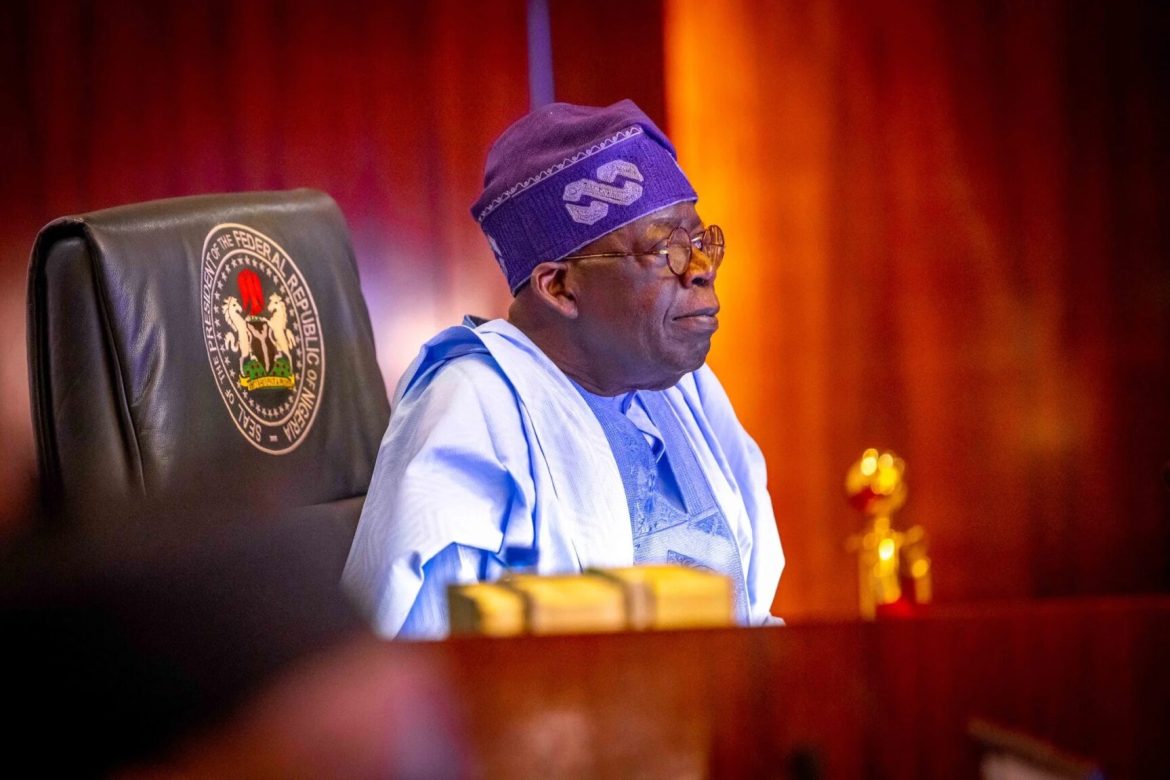1K
By Oscar Okhifo
Nigeria has once again ranked among the world’s worst countries for human rights protection, with a new report indicting the Federal Government for widespread rights violations, arbitrary arrests, and worsening living conditions.
The Human Rights Measurement Initiative (HRMI), in its latest report, assigned Nigeria a dismal score of 3.2 out of 10 in the “Safety from the State” category, placing the country firmly in the “bad” to “very bad” global bracket. This category evaluates protection from extrajudicial killings, enforced disappearances, torture, arbitrary arrests, and unlawful detention.
According to HRMI’s 2025 data, Nigeria performed worst in the area of protection from arbitrary arrest, scoring only 2.5 out of 10 , ranking among the lowest globally alongside Venezuela and Mexico.
On the African continent, Nigeria trails only Kenya and Mozambique in this grim category.
The report reflects mounting concerns over civil liberties in Nigeria, where reports of indiscriminate arrests, unlawful detentions, torture, and enforced disappearances have become increasingly frequent , particularly during security operations targeting dissenters, journalists, opposition figures, and peaceful demonstrators.
In May 2025 alone, Nigeria’s National Human Rights Commission (NHRC) documented 275,256 human rights violations, a 5 percent increase from April. Many of these violations reportedly involved sexual and gender-based violence, physical assaults, and persistent police brutality.
HRMI also rated Nigeria poorly in civil and political rights, assigning a score of 4.5 out of 10 in the “Empowerment” category, which includes freedom of expression, assembly, association, and political participation.
All subcategories except freedom of religion were rated “bad.”
Speaking on the findings, HRMI Africa Regional Lead, Nkosi Sibanda, stated: “Nigeria has a long way to go in protecting the basic rights of its citizens. The persistence of arbitrary arrests, brutal crackdowns on peaceful protesters, extrajudicial killings, and limited political freedoms highlight systemic governance failures.”
Several international human rights watchdogs, including Human Rights Watch , Amnesty International and others have repeatedly criticized Nigeria for lack of accountability and the culture of impunity among security forces accused of widespread abuses.
Recent incidents include violent crackdowns on peaceful demonstrations.
Last week, protesting Benue residents, who were calling attention to ongoing killings in the state, were met with violent suppression by security forces instead of protection.
The harassment of journalists, suppression of opposition voices, and crackdowns on pro-democracy activists continue to mar Nigeria’s human rights record under the Tinubu administration.
While the government often dismisses international criticism, rights groups argue that these indicators point to deeply rooted structural problems in governance, law enforcement, and respect for fundamental freedoms.
The release of the HRMI report comes amid growing public frustration over Nigeria’s worsening economic conditions marked by rising inflation, currency depreciation, food insecurity, and unemployment. Many Nigerians believe the erosion of civil liberties and deteriorating economic conditions are closely linked, accusing the government of failing on both security and socioeconomic fronts.
With both domestic and international pressure mounting, human rights advocates are urging the Tinubu administration to initiate meaningful reforms that will ensure accountability, end impunity, and protect the constitutional rights of all citizens. As at press time, the Nigerian government has not issued any official response to the damning report.



